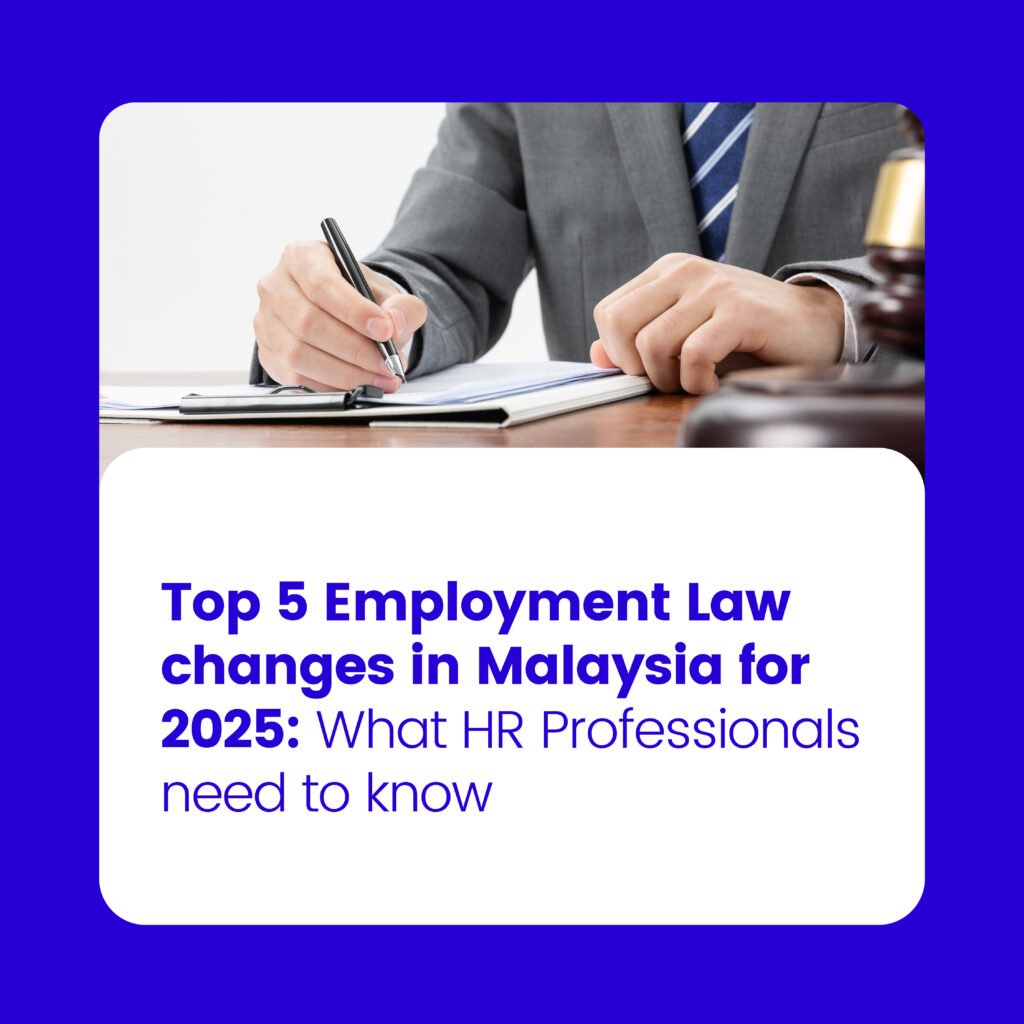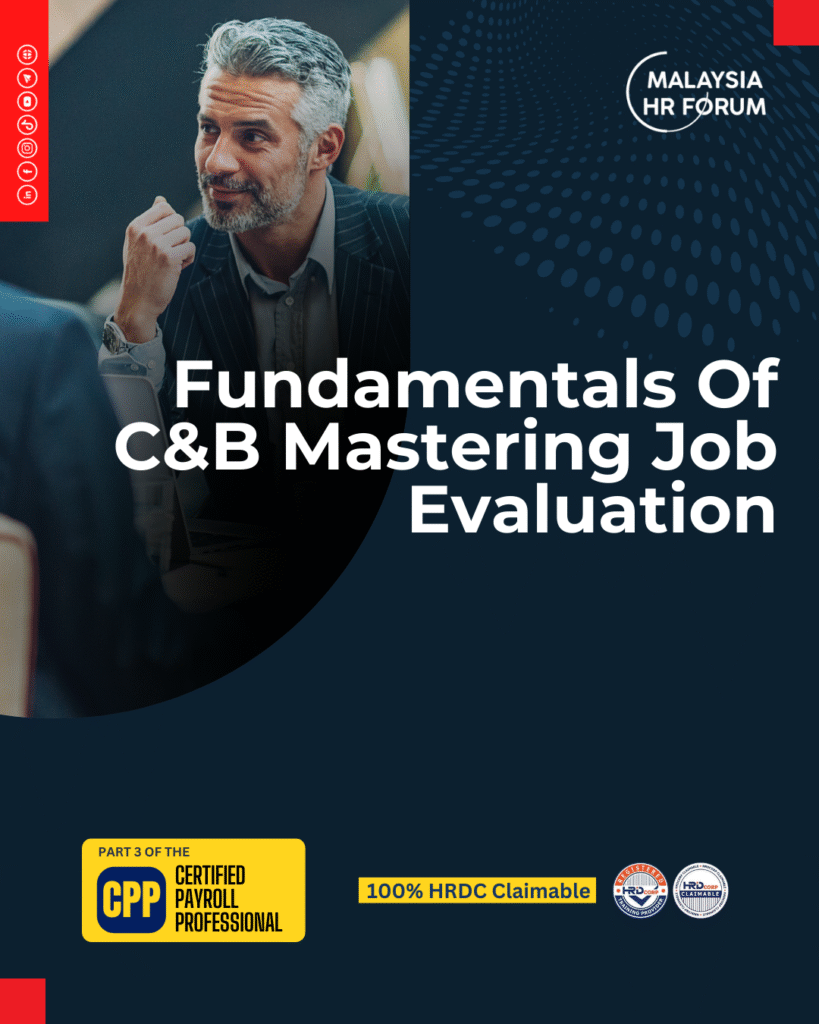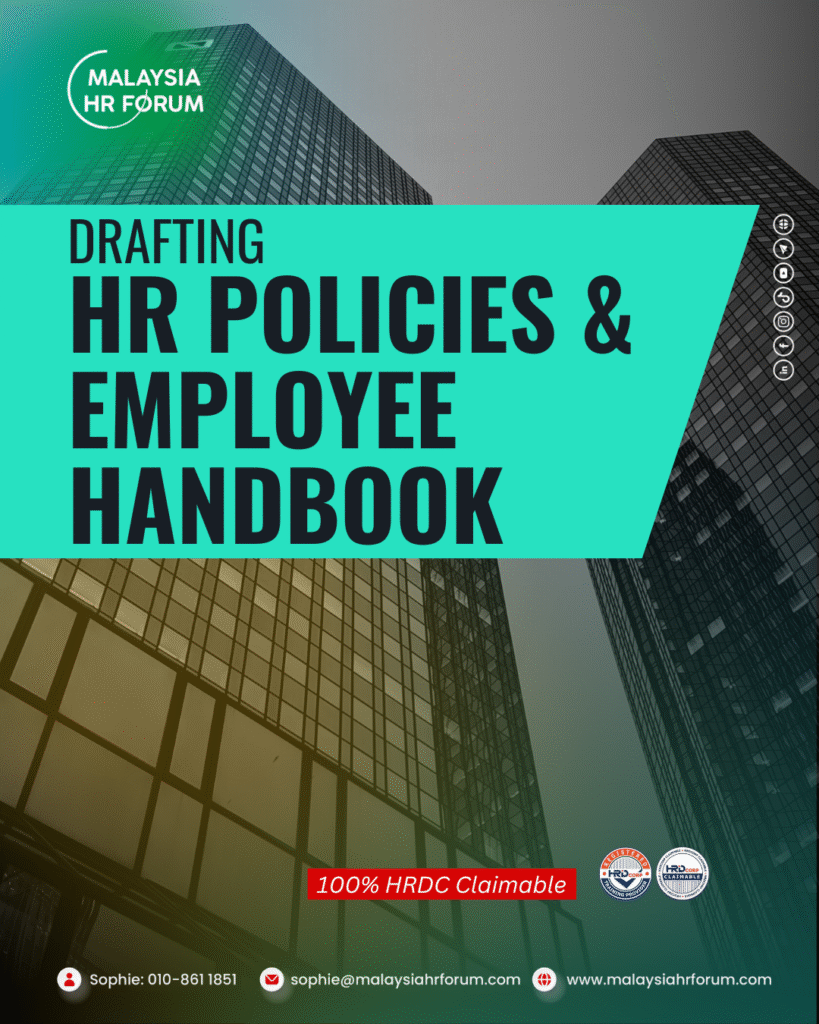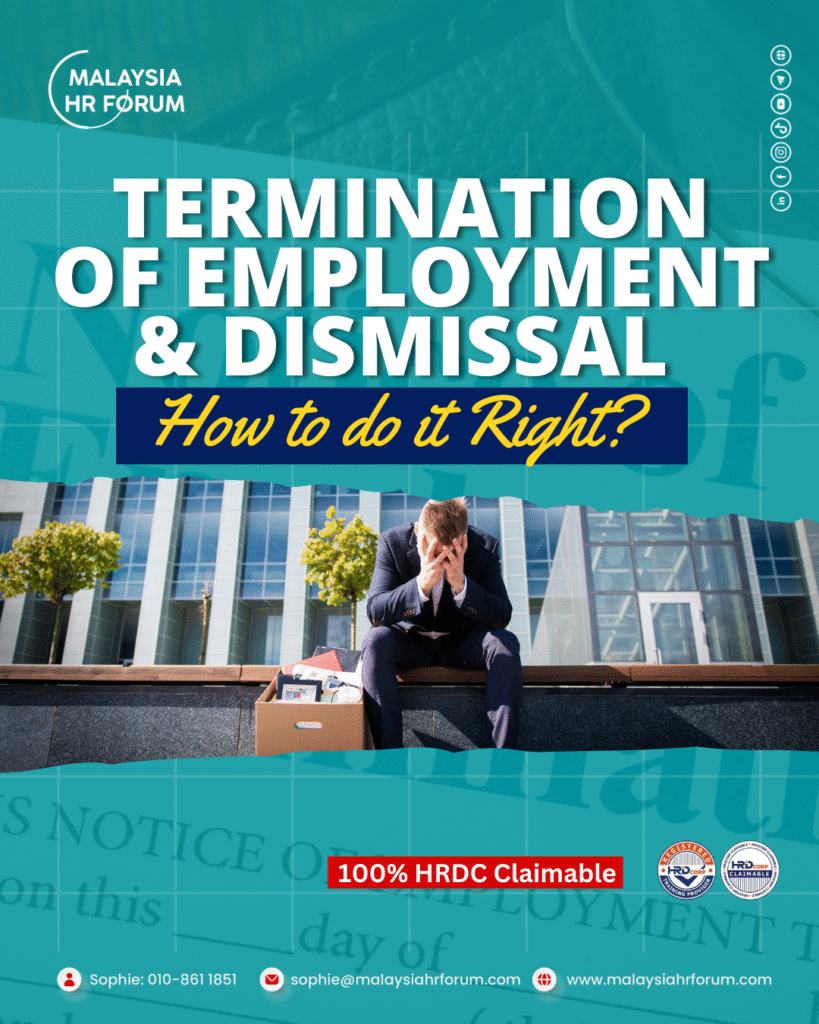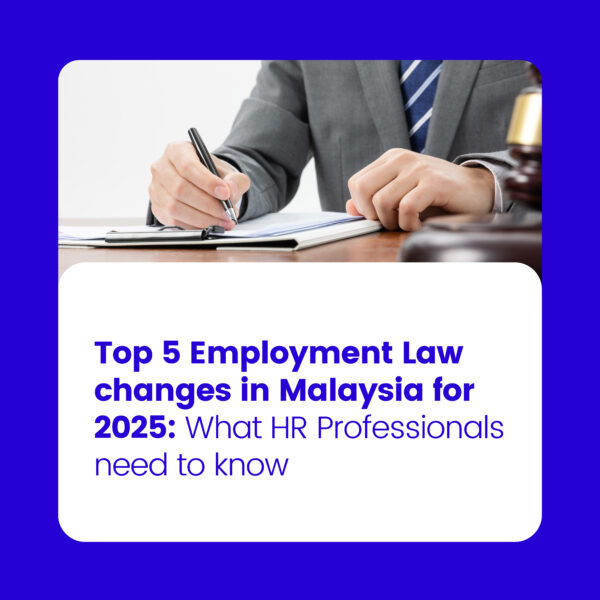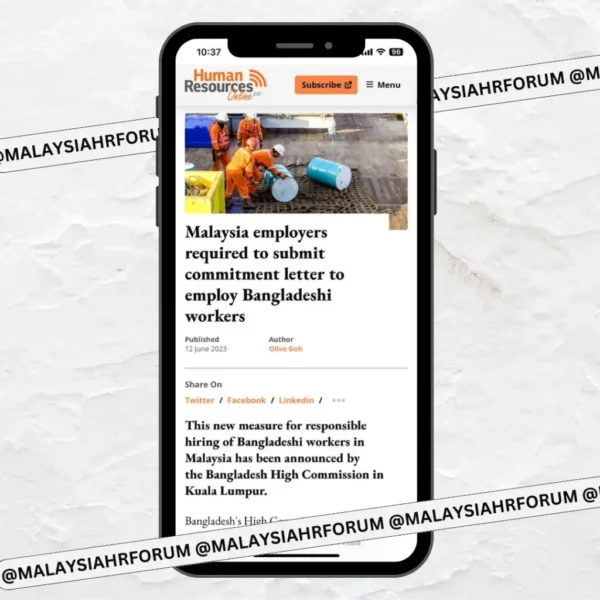Navigating employment law is a critical responsibility for HR professionals in Malaysia. Staying compliant ensures legal peace of mind, protects the organization, and fosters a healthy work environment. Now that it’s 2025, several key changes to Malaysian labor laws are set to significantly impact businesses across all industries.
In this comprehensive guide, Malaysia HR Forum delves into the top employment law updates HR professionals need to know, offering actionable insights to help organizations prepare and adapt.
1. Amendments to the Employment Act 1955
The Employment Act 1955 is the backbone of employment law in Malaysia. Recent amendments aimed at broadening the scope of employee protections and modernizing workplace policies continue to evolve.
Key Changes to Employment Act in 2025:
- Broadened Coverage: Previously applicable only to employees earning RM2,000 and below, the Act now includes all employees, regardless of income level, unless explicitly exempted.
- Increased Paternity Leave: Paternity leave for married male employees is increased to seven days, aligning with global trends in family-oriented labor policies.
- Flexible Work Arrangements: Employees now have the right to request flexible work schedules, which employers must respond to within 60 days.
How to Stay Compliant:
HR teams must revise employment contracts, policies, and handbooks to align with these updates. Flexible work arrangements, in particular, will require new policies and tracking mechanisms to ensure consistency.
2. Rising Importance of Anti-Discrimination Policies
As workplace diversity becomes a growing focus, anti-discrimination laws are being strengthened to address biases in hiring, promotions, and termination.
Changes to Anti-Discrimination Policies:
- Employers are expected to adopt and enforce clear anti-discrimination policies.
- Gender equality, equal pay, and fair treatment during recruitment are now top priorities in the updated regulations.
How to Stay Compliant:
- Conduct anti-discrimination training for managers and hiring teams.
- Review compensation practices to address pay gaps and ensure equitable treatment across gender and ethnicity.
- Update recruitment policies to emphasize merit-based evaluation criteria.
3. Enhanced Worker Protections Under the Occupational Safety and Health Act (OSHA)
Employee well-being, both physical and mental, is now at the forefront of regulatory focus. The updated OSHA regulations emphasize the creation of safer, more inclusive workplaces.
Notable Updates to the Act:
- Employers must implement mental health support systems, such as access to counseling services or stress management workshops.
- Expanded workplace safety reporting requirements: Employers are now required to submit comprehensive safety audits regularly.
How to Stay Compliant:
HR teams should incorporate mental health initiatives into employee wellness programs. Additionally, ensure compliance with reporting requirements by conducting regular workplace safety assessments.

Need to get certified as an OSH Coordinator?
We offer a DOSH-recognised OSH Coordinator Certification Course designed to help you meet compliance requirements with confidence.
Whether you’re from HR, admin, or operations, this course provides the knowledge and certification needed to carry out your duties effectively.
Held monthly at Malaysia HR Forum Academy, it’s open to all industries and backgrounds.
For more info, click the link below to check our upcoming dates.
4. Stricter Enforcement of Employment Law Contracts
Improperly drafted or vague employment contracts have led to numerous disputes in Malaysia. In 2025, authorities will take a stricter approach to enforcing clear, comprehensive employment agreements.
Key Elements to Address Employment Law in Malaysia:
- Termination clauses: Ensure these are explicit and aligned with legal requirements.
- Job scope clarity: Avoid disputes by clearly defining job roles, responsibilities, and performance expectations.
- Salary inclusions: Specify allowances, overtime payments, Compensations, Benefits and any variable pay structures.
Why This Matters:
Non-compliance can lead to costly disputes or lawsuits. HR teams should partner with legal advisors to audit and refine existing contracts.
Need to train your HR team on employment matters?
We offer focused courses on Compensation & Benefits, HR Policy Drafting, and Termination & Dismissal; designed to strengthen compliance and support sound HR decisions.
Held regularly at Malaysia HR Forum Academy. Click the image to check our upcoming dates for details or click below to see our full course listings!
5. Introduction of the Gig Economy Act
Malaysia is witnessing rapid growth in the gig economy, with freelancers and contract workers becoming an integral part of the workforce. The government is introducing a Gig Economy Act to regulate this expanding sector.
Key Provisions:
- Worker Classification: Distinguishing between employees and independent contractors to address misclassification issues.
- Social Security Contributions: Gig workers may soon be entitled to EPF and SOCSO benefits under specific conditions.
How HR Should Respond:
Organizations relying on gig workers must review their contractual arrangements to ensure proper classification. Prepare for potential cost adjustments as contributions for gig workers become mandatory.
How HR Professionals Can Stay Ahead
With these changes, it’s crucial for HR teams to stay proactive:
- Conduct regular training sessions: Equip your team with updated knowledge on employment laws.
- Use HR technology: Adopt tools for contract management, compliance tracking, and employee wellness initiatives.
- Engage with experts: Partner with HR advisory services to navigate legal complexities effectively.

At Malaysia HR Forum, we offer fully HRD Corp Claimable training programs delivered 100% online and live, designed to meet the needs of modern organisations that are not within Klang Valley.
No travel. No venue booking. Just impactful, real-time learning – wherever your team is.
Why These Changes Matter
The evolving landscape of Malaysian labor laws underscores the government’s commitment to protecting workers’ rights while modernizing workplaces. For HR professionals, these updates present opportunities to build trust with employees, attract top talent, and foster a compliant, productive workplace.
At Malaysia HR Forum, we specialize in helping businesses adapt to regulatory changes through in-house training, advisory services, and compliance workshops. Let us guide you through 2025 with confidence.
Conclusion
2025 is set to be a pivotal year for Malaysian labor laws, and HR professionals play a crucial role in driving compliance and fostering a positive workplace culture. By understanding and implementing these updates, you can ensure that your organization stays ahead of the curve.Contact
